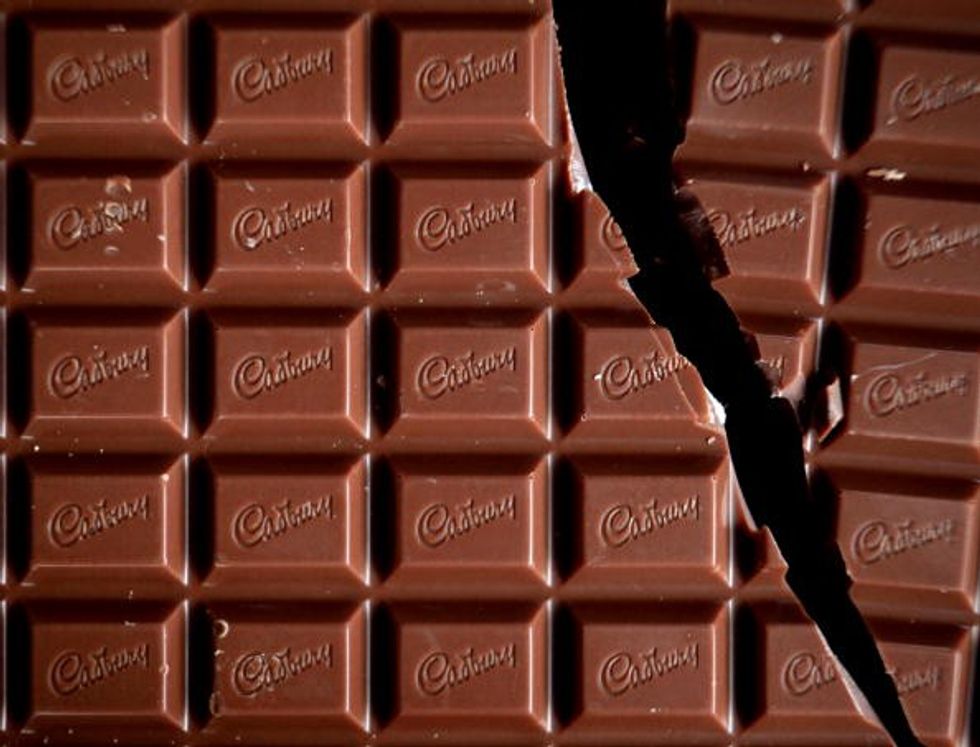Major consumer companies including Kraft Heinz and Conagra Brands are culling product lines to combat sky-high costs and falling consumer demand, their executives said last week.
Many companies started slimming their offerings during the pandemic and are aggressively renewing those efforts, eliminating less-popular items to focus on products on which they can more easily raise prices amid prolonged inflation on food items.
Executives at Nestle and Unilever said they have seen billions in savings after ditching the laggards in their product portfolios.
Conagra recently discontinued a Marie Callender's chocolate chip cookie dough cream pie to make room for what the US food company hopes will be a faster-selling no sugar added apple pie.
"No one will have a perfect batting average," said Sean Connolly, chief executive, in an interview. "The key is to have more winners than losers."
Eliminating less popular products is part of a "decomplexity program" underway at Kraft Heinz, its executives said at the Consumer Analyst Group of New York Conference this week. It recently discontinued Heinz Real Mayonnaise.

Mondelez International chief executive Dirk Van de Put told Wall Street analysts at the conference that the Oreo maker had clear rules on replacing old products with new ones - "one in, one out."
Martin Renaud, a top marketing executive at Mondelez, told Reuters the chocolate manufacturer has "too many flavors."
"We sometimes have the tendency to launch a lot of things because they are exciting but we need to be very rigorous," Renaud said. As Mondelez adds products with different price points, it adds complexity, he added. "I am a big advocate of simplicity."
Companies cull product offerings to make room for new iterations of their most popular items, such as smaller-sized versions for dollar stores or larger ones for warehouse chains like Costco, said Justin Cook, US consumer products research leader at Deloitte. Cash-strapped shoppers are more frequently looking for bargains at both types of retailers.
"It’s more expensive to make a lower-volume product," Cook said. “If it’s not a high-performing item that people absolutely have to have, companies feel it’s harder to raise price."
Nestle said cutting products saved 1 billion Swiss francs last year (£0.88bn), while Unilever said the practice saved $2 billion (£0.83bn).
Retailers are also demanding new, fast-selling products to enhance their own faltering sales. Products most likely to get the boot are those with niche or limited popularity.
Heinz Real Mayonnaise has a small share of the global market, according to the research firm Euromonitor.
For some consumers, such cuts can be jarring.
Vinh Banh said in an email he has long used Heinz Real Mayonnaise for sandwiches and deviled eggs. He was disappointed to discover this month that Kraft had killed the product, which it launched in 2018. Banh, 34, from Garland, Texas, said he is on the hunt for any remaining jars he can find.
Kellogg Co ditched its line of Special K protein shakes and Nestle axed Lean Cuisine paninis, frozen Sweet Earth Benevolent Bacon and Sweet Earth Vegan Hot Dogs, spokespeople for the companies confirmed.
'Prepping for a Slowdown'
In some cases, suppliers are bowing to retailer plans to reduce inventory, hoping that cutting product lines will make stores more efficient and less costly to run and stock.
Walmart told Reuters it was seeking more data from suppliers to justify pricing and pushing for more creative ways to defray costs and cushion price hikes to consumers.
"We recognise that price concerns are more elevated at this point in time, but that's where we can lean in and have data driven negotiations with our suppliers," John David Rainey, chief financial officer, said.
"I have seen a lot of reduction in inventory purchases this year," Kelly Pedersen, a partner at PwC, said at the National Retail Federation conference in January. "Everyone is prepping for a slowdown."
Unilever, which makes Magnum and Ben & Jerry's, is slimming the variety of ice cream it sells, finance chief Graeme Pitkethly said this month on an earnings call.
The company has for over two years used artificial intelligence in its 'Polaris' program to help manage its assortment. It credited Polaris as it cut its variety of products by about 20 per cent.
Unilever also trimmed about 5,000 types of products in the personal care category.
Food makers tend to cull products without much fanfare. At the consumer products conference they highlighted new offerings, many of them increasingly popular handheld foods that people can eat while scrolling on phones.
That does not mean consumers don't notice when a beloved item disappears from the shelf.
John Finn, 35, runs a Twitter page called "Discontinued Foods" with over 23,000 followers.
"You'd be shocked by the loyalty and personal connections people have to food products," he said.






